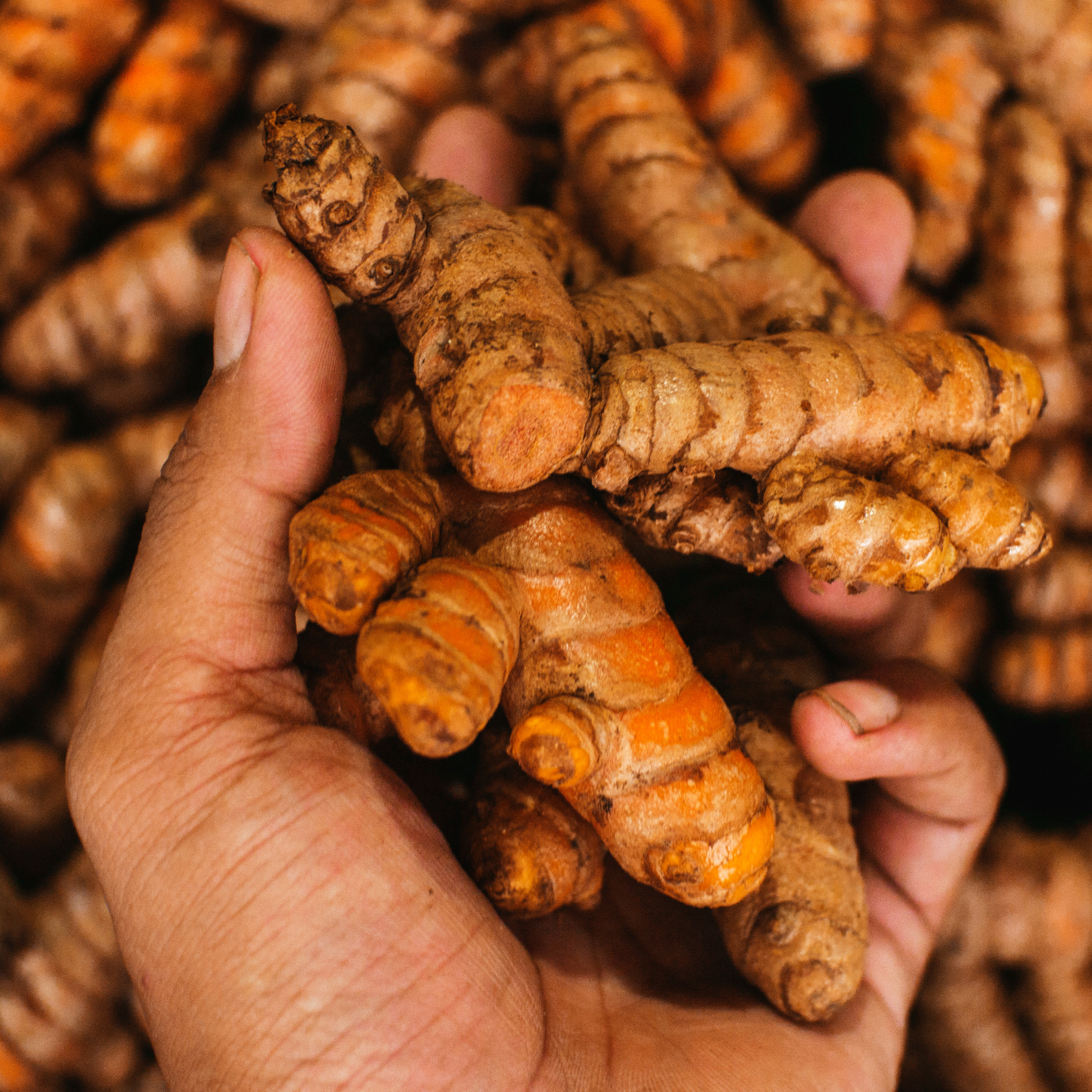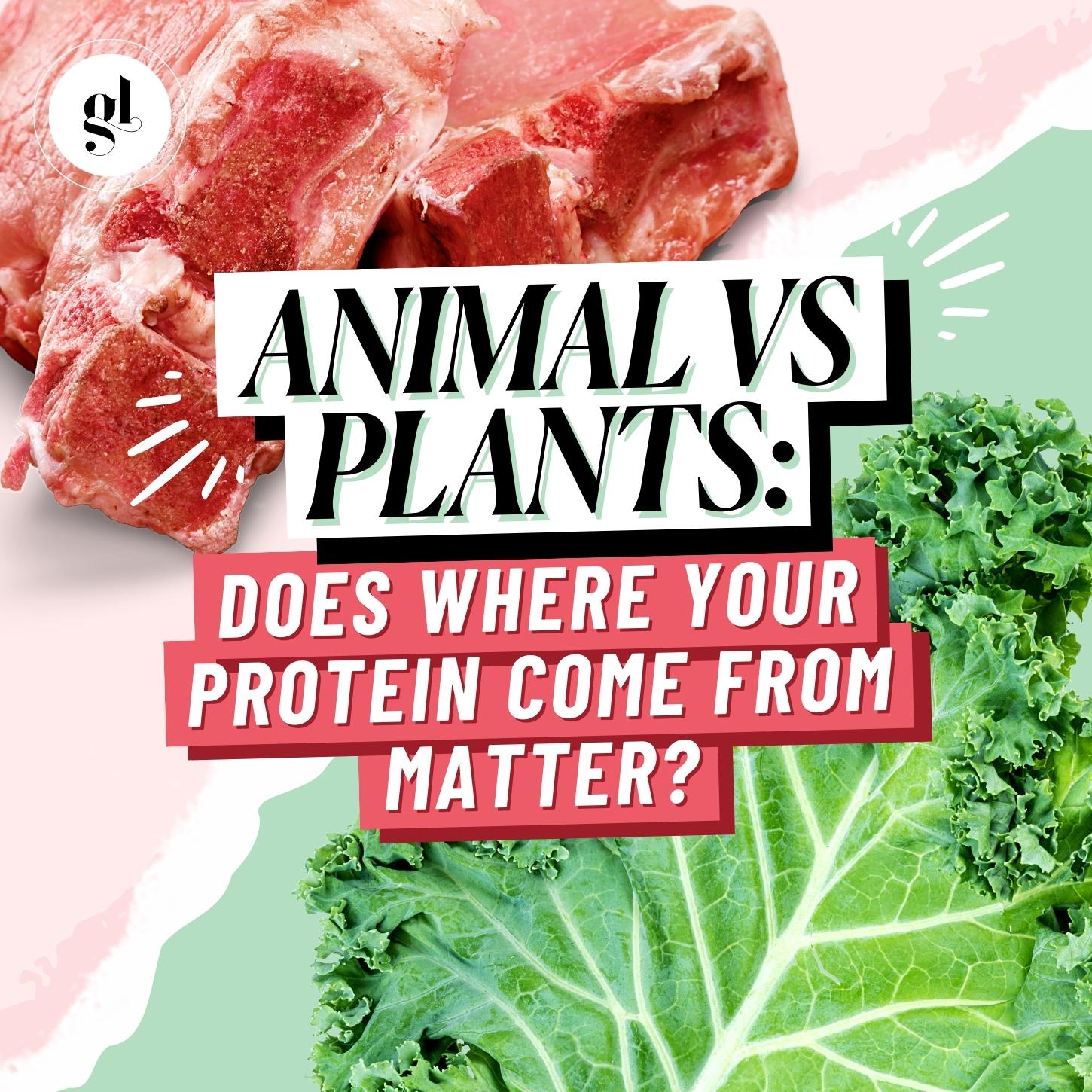Native to Asia, turmeric has been used for centuries in cooking, medicine, and even cultural and religious services.
In fact, Indian weddings give this vibrantly colored spice a very important position, and a whole day ritual is devoted to it.
Usually, a day before the wedding (what is called the haldi ceremony) is when preparation starts. Close friends and family members wait in line to apply haldi (turmeric) paste to the bride and the groom. Once their faces, necks, hands, and feet are covered, family members may also apply the turmeric paste to themselves.
Why is it regarded with such significance?
Turmeric is regarded as the golden miracle spice. It is considered a symbol of blessing for the couple for a healthy and long-lasting marital life. It’s also associated with fertility and prosperity, and is said to calm nerves and ease any anxiety before the big day.
Turmeric is believed to ward off evil spirits and for this reason, the bride and groom are not allowed to leave their home after the Haldi ritual until their wedding ceremony.
Table Of Contents:
What Is Turmeric?
Turmeric is a rhizome that looks similar to ginger.
Turmeric powder is made from drying small pieces of chopped turmeric and grinding it into a fine powder. The leaf and flower of the plant are also said to have medicinal properties, just like the root.
It also comes in liquid and capsule form, and you can even get turmeric teas and lattes!
Curcuma longa is the Latin name for turmeric and curcumin is the main bioactive ingredient. Many people use “turmeric” and “curcumin” interchangeably.
Key Nutrients
Nutritional analyses show that 100g of turmeric contains 10g total fat, 69.9g total carbohydrates and 8g protein. Turmeric is a rich source of many essential vitamins such as vitamin B6, choline, vitamin B3 and B2. It is also high in vitamin C, calcium, iron, potassium, manganese, copper, zinc, and magnesium.
Health Benefits of Turmeric
The medicinal properties of turmeric also date back to prehistoric times when the science of medicine was passed on primarily by oral tradition.
With its vibrant orange-yellow hue and earthy taste, turmeric has become one of the most popular herbs in modern medicine—and there's a good reason why. Many studies have shown it to effectively address a wide range of ailments.
1. Inflammatory Conditions
Turmeric is perhaps most well-known for its anti-inflammatory activity. In fact, it has been used for centuries in the treatment of inflammatory conditions, such as arthritis, hepatic injury, allergies, arteriosclerosis, colitis, diabetes, respiratory disorders, intestinal disorders, and inflammatory neurodegenerative disorders.
Studies show that curcumin acts as a master off-switch of inflammation by reducing the response of specific proteins- cytokines that occur in the process of inflammation- such as nuclear factor-kappa beta (NF-kB) and TNF-alpha. NF-kB plays a role in the regulation of inflammation and immune function, and the pro-inflammatory cytokine TNF-alpha plays an important role in the regulation of immune cells.
2. Oxidative Stress
Many of curcumin’s effects essentially boil down to its antioxidant properties and its ability to balance the immune response to cellular injury. It is ten times more potent than vitamin C or resveratrol. This action is carried out by various mechanisms. It binds free radicals and enhances the antioxidant activity of endogenous antioxidants such as glutathione peroxidase. Curcumin has also been shown to induce phase II liver detoxification enzymes as well as be an efficient scavenger of peroxyl radicals due to its lipophilic properties.
3. Depression
If you’re in the pursuit of happiness, say hello to turmeric.
In fact, turmeric is one of the best-known herbal remedies for depression. Some studies have found curcumin to be just as effective as conventional antidepressants (SSRIs) in treating depression and supporting a healthy mood. As a potent anti-inflammatory and antioxidant, it protects the brain from toxins and free radicals.
It increases neurogenesis (the formation of new brain cells) by modulating the hypothalamic-pituitary-adrenal (HPA axis) and by increasing brain-derived neurotrophic factor (BDNF). Studies have shown that the expression of BDNF, a key molecule found in the brain involved in plastic changes relating to learning and memory, is decreased in depressed patients. Curcumin also influences serotonin and dopamine activity, two neurotransmitters associated with a happy and healthy mood.
4. Alzheimer’s Disease
Turmeric can help break up brain plaque which is characteristic of Alzheimer’s disease by crossing the blood-brain barrier and binding to amyloid proteins. It can reduce inflammation of the brain, which can cause memory issues and cause cognitive decline. Turmeric also has further neuroprotective effects due to its antioxidant and metal-chelating properties.
5. Cardiovascular Disease
Turmeric is also heart-friendly.
Inflammation plays a significant role in atherosclerosis and cardiovascular disease. The curcuminoids in curcumin help to lower circulating levels of C-reactive protein (CRP is routinely used as a reliable biomarker of systemic inflammation). Curcumin also helps to lower cholesterol and triglycerides levels, prevent low-density lipoprotein (LDL) oxidation and inhibit platelet aggregation, suppressing thrombosis.
6. Cancer
Research has shown that the golden miracle spice is also able to prevent and treat multiple types of cancer.
Numerous studies have shown that turmeric extract shows the progression of colon cancer. It has also been shown to help in the treatment of other cancerous lesions, specifically in the mouth, skin, cervix and bladder. There is also research indicating possible beneficial effects of turmeric and curcumin in other types of cancer, such as prostate and pancreatic cancer.
The curcuminoids in turmeric act by inhibiting several processes that contribute to the survival, proliferation and spread of tumour cells. Curcuminoids also interfere with tumour growth by cutting off the blood vessel formation which feeds tumours.
7. Other
Turmeric’s uses do not stop there. Research has shown that turmeric:
- Improves insulin sensitivity
- Reduces stress and fatigue
- Rebalances the gut microbiome
- Improves athletic performance
- Relieves joint pain
- Inhibits the growth of bacteria, parasites and fungi
- Increases mucus production in the gut
- Cleanse the liver and aids detoxification
- Balances an overstimulated immune system
The Proper Way To Take Turmeric
Now that you’ve read all about the tremendous benefits of turmeric, you’re probably eager to start using it! But how should turmeric be consumed?
You can add turmeric powder or fresh turmeric to sauteed veggies, curry or tofu dishes, and smoothies. You could also make a mug of “golden milk” or a hot tea for yourself to enjoy first thing in the morning or as an evening treat.
The main issue with turmeric is that it only contains 3% curcumin, and the bioavailability of curcumin is low. Therefore, your body isn’t able to absorb and use it efficiently. But there are several things you can do to boost curcumin’s bioavailability in your food:
- Combining it with black pepper has been found to boost curcumin’s bioavailability by about 20 times, while adding fenugreek extract can increase the availability by about 45 times.
- When consumed with fat, curcumin can bypass the liver and be directly absorbed into the lymphatic system.
How Much Turmeric Should You Eat?
Good question.
The average Indian consumes approximately half a teaspoon of turmeric per day. In fact, India produces nearly all of the world’s turmeric crop and consumes 80% of it. Unsurprisingly, India has dramatically lower rates of death from Alzheimer’s disease and cancer compared to the United States and Europe, and many researchers put this down to them loading up on this golden spice.
If you know your taste buds won’t be able to handle this much turmeric, you can also take a turmeric supplement. However, supplements usually don’t contain all the components of turmeric.
Therefore, the best option is to take turmeric both in its food and supplement forms. You can also take a full-spectrum curcumin supplement that includes the components of raw turmeric root that are usually removed during the curcumin extraction process. The whole turmeric root’s natural components work together synergistically. However, in supplement form, its bioavailability is often superior.
Caution: Potential Turmeric Side Effects
Before you go crazy purchasing this golden miracle spice, just a word of caution.
While curcumin has a great safety record, there have been cases of people taking a curcumin supplement experiencing liver injury. Some other negative yet more mild side effects have been reported including diarrhea, headaches, rash, and yellow stools.
Turmeric is also a natural blood thinner. If you are on blood-thinning medications, have gallstones, susceptible to kidney stones, or pregnant, you may want to moderate your turmeric consumption. If you fall under any of these categories, it’s best to let your healthcare provider supervise your turmeric intake.
Be extra cautious if you’re taking other pharmacological drugs as well, including antiplatelets, antidepressants, antibiotics, chemotherapeutic agents, and antihistamines due to the inhibition of certain liver enzymes.
Also note that there are some countries where turmeric was found to be intentionally contaminated with lead to enhance its weight, color, or both, including India, Bangladesh, and the United States. To prevent lead contamination, your best option is to buy fresh turmeric root or organic turmeric and curcumin products.
Buying and Storage Recommendations
Fresh turmeric is best bought at an organic grocery store and should be stored, loosely wrapped in a paper towel in an airtight container or bag inside the refrigerator. It keeps well for one to two weeks. Dried ground turmeric should be packed in airtight containers and stored in a cool, dark place due to its susceptibility to light.
Always look for manufacturers with a solid reputation and transparent quality testing for their products and seek the guidance of an experienced healthcare provider to ensure you’re taking the proper precautions and monitoring.
Recipe Spotlight: Turmeric And Vegetable Tofu Scramble
Apart from its medicinal benefits, turmeric is perhaps most well known for its use in curry dishes. But this ancient spice—with its earthy, bitter, spicy, and almost musky taste—can also bring color and flavor to a simple dish like our turmeric and vegetable tofu scramble.
This is something quick and easy that you can prepare for breakfast while enjoying the benefits turmeric brings. This entire dish is nutritionally diverse and packs a lot of protein to sustain you until your next meal. Once you’ve gotten the hang of it, you can even experiment with other vegetables. Enjoy!















What Do You Think? Comment Below: